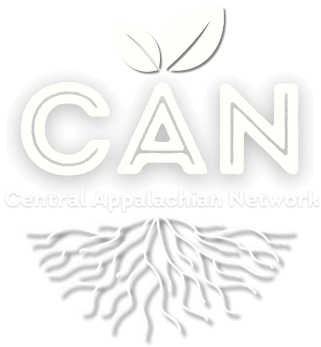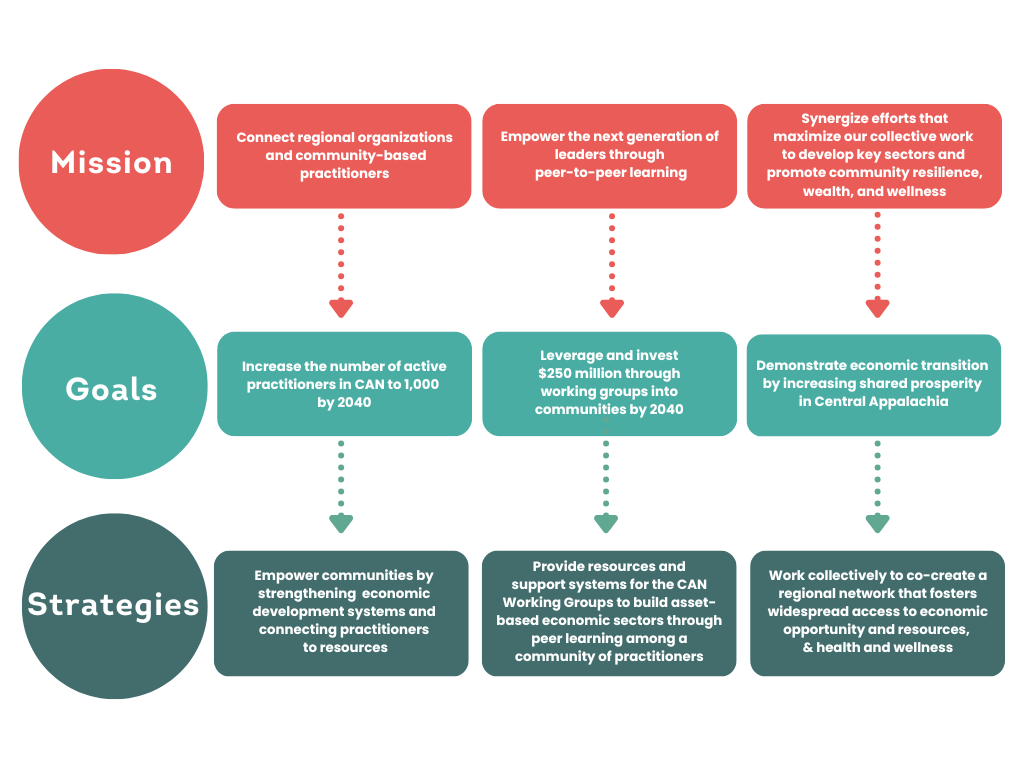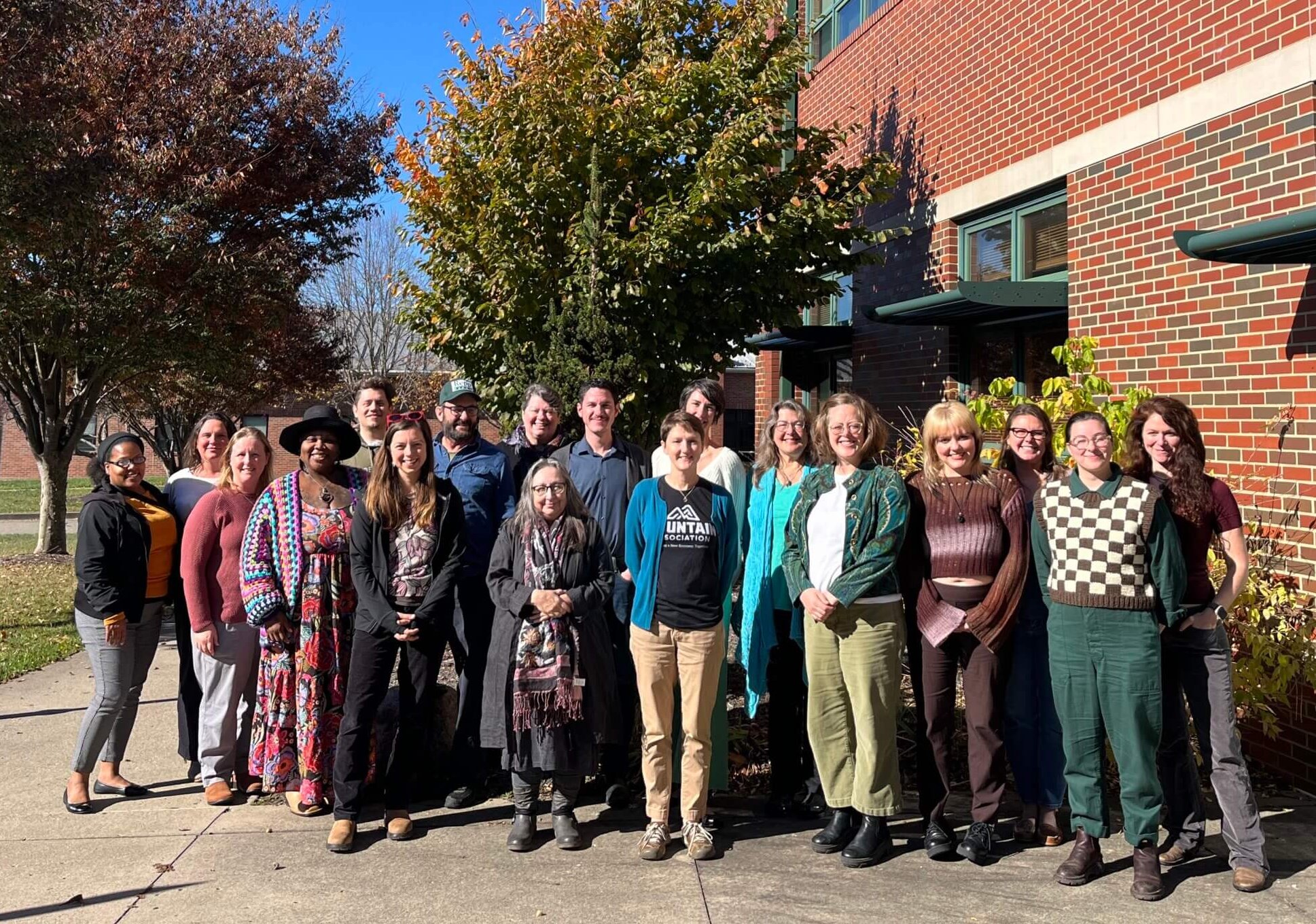Who We Are
CAN is a network of practitioners across economic sectors in Central Appalachia with particularly significant representation of non-profit organizations. CAN is changing and is moving from a model where participation has consisted almost solely of nonprofit organizations to instead have specific spaces, points of engagement, and participation opportunities for practitioners in a variety of fields. One of the most significant values for all participants in CAN is the opportunity for peer-to-peer learning. By design, peers are broadly defined within CAN as those whose participation provides an opportunity for mutual teaching and learning.
More About CAN
Since 1992, the Central Appalachian Network (CAN) has worked on job creation, economic drivers, and supporting rural communities in our region. As a network of nonprofit organizations, CAN works primarily in six states: Kentucky, southeast Ohio, southwest Virginia, eastern Tennessee, western North Carolina, and West Virginia. Multistate collaboration allows for a regional view of the current needs and future trajectories of the Central Appalachian economy, enabling strategic focus on large-scale goals that make both deep local impacts and broad regional impacts. Our participant and mentor organizations employ a variety of strategies that help to strengthen communities and economies.
CAN is a network of networks led by a Leadership Team comprising a cohort of mentor organizations alongside the co-chairs of each Working Group. The Working Groups are sector-focused networks that coordinate regional analysis and strategies in areas such as Energy; Food and Sustainable Agricultural Systems; Reuse (Materials management and circular economy);Ecological Restoration; and Community Resilience. The larger Central Appalachian Network includes the participants of these sector-based Working Groups, along with an open invitation to those that wish to engage CAN in their own work and community.
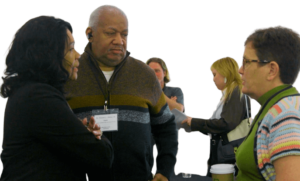
Our network of practitioner partners includes nearly 100 different organizations working on community economic development, including nonprofits, local government agencies, lenders, community groups, social enterprises, and academic institutions. These networks are leading the charge in creating economic opportunities, building on our cultural assets, natural resources, and meeting the needs of our region’s people.
CAN also supports organizational development, capacity-building, and peer mentoring among the region’s nonprofits and community groups. We do this through an annual Small Grants program, peer networking activities, and sharing of tools and resources.
CAN is currently exploring new ways of working that connect and strengthen the region to build shared analysis and strategies. To this end, CAN will continue to support sector or issue-focused networks, Working Groups, and learning groups that bring in regional partners and supporters to take part in shared learning and strategizing, with the possibility of deeper shared work.
CAN Leadership Retreat in Athens, OH Fall 2024
CAN’s Coordination Team
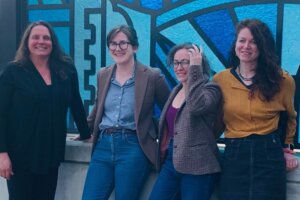
As an action-focused network (sometimes referred to as a Collective Impact network), CAN makes use of a network coordinator to support key functions of the network, including internal communications, external communications, learning conversations, strategy development, project management, and more. Currently, CAN is coordinated by Open Circle Studio (OCS), whose mission is to empower nonprofits to thrive and amplify their impact by providing expert guidance in network facilitation, design thinking and project management.
- Emily Carlson, Network Coordinator
- Tessa Wieneke, Working Group Coordinator
- Kim Ross, Climate Resilience Coordinator
- Cara Parrish, Communications Coordinator
- Casey King, Network Associate
